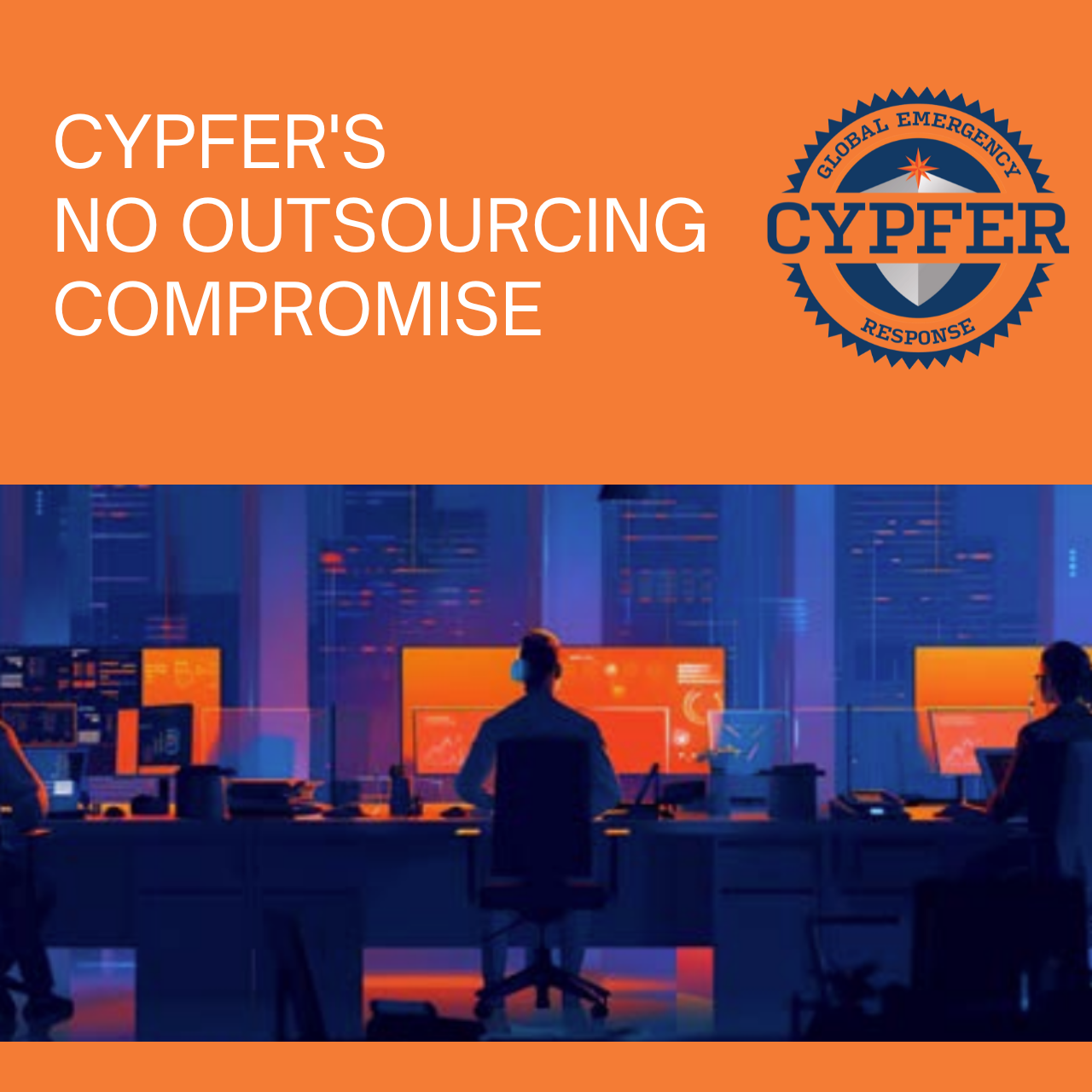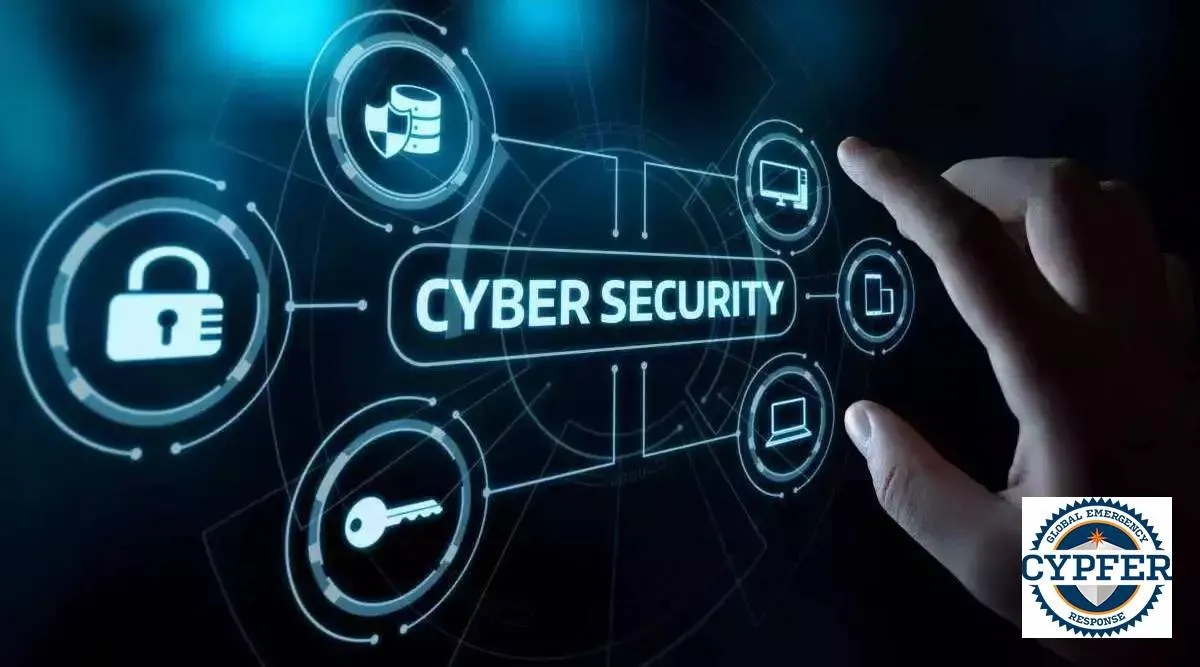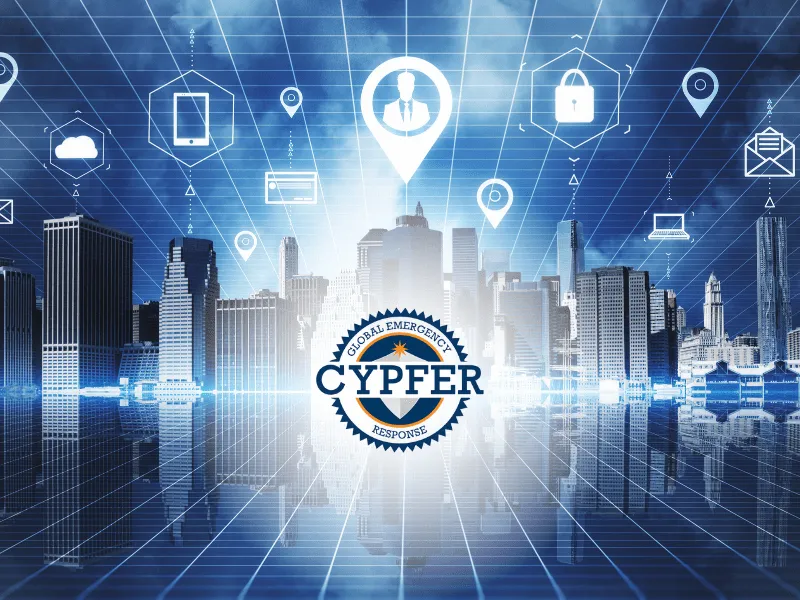The dark web, also known as the deep web or darknet, is a part of the internet that is not indexed by search engines and can only be accessed using specialized software such as Tor. While the dark web has many legitimate uses, such as providing a platform for political dissidents and whistleblowers to share information safely, it is also a breeding ground for illegal activities such as drug trafficking, hacking, and identity theft. As a result, it poses a significant threat to consumers and businesses alike.

One of the most significant dangers the dark web poses to consumers is the risk of identity theft. Hackers and cybercriminals can buy and sell stolen personal information, such as login credentials and credit card numbers, on the dark web. This information can then be used to commit fraud and other financial crimes. Furthermore, hackers can use the dark web to purchase hacking tools and services that can be used to gain access to other people’s computers and steal sensitive information. This highlights the importance of using strong, unique passwords for all online accounts and keeping software and security systems up to date.
Another significant threat the dark web poses to consumers is the risk of malware. Hackers can use the dark web to distribute malware, such as viruses and trojans, that can be used to gain control of a person’s computer. Once a hacker has control of a person’s computer, they can steal sensitive information, use the computer to launch attacks on other systems, or even encrypt files and demand a ransom for the decryption key. To protect yourself from malware, it’s essential to use anti-virus software and avoid clicking on links or opening attachments from unknown sources.
The dark web also poses a significant threat to businesses. Hackers can use the dark web to gain access to a company’s network and steal sensitive information, such as financial data and trade secrets. They can also use the dark web to launch attacks on a company’s systems, such as a Distributed Denial of Service (DDoS) attack, which can cripple a company’s online operations. To protect against these types of threats, businesses should invest in strong cybersecurity measures, such as firewalls, intrusion detection systems, and encryption. Additionally, it is important to train employees to recognize and avoid phishing scams and other social engineering tactics that hackers often use to gain access to a company’s systems.
Another way hackers use the dark web to target businesses is through Ransomware. Ransomware is malware that encrypts a companies files and demands payment in return for the decryption key. This can cause significant damage and loss of data for the company, and the best way to protect against ransomware attacks is to keep a backup of important data and software, and not to open suspicious links or email attachments.
Finally, businesses should also be aware of the potential legal risks associated with the dark web. For example, purchasing illegal items or services on the dark web, such as stolen credit card numbers, can result in serious legal consequences. Businesses should have strict policies in place to prevent employees from accessing the dark web and to ensure that they are not engaging in any illegal activities.
In conclusion, the dark web poses a significant threat to consumers and businesses alike. Consumers should be cautious when using the internet and use strong, unique passwords for all online accounts, while businesses should invest in strong cybersecurity measures and train employees to recognize and avoid cyber threats. By taking these steps, consumers and businesses can protect themselves from the dangers of the dark web and mitigate the risks associated with online activities. It is also essential to stay informed about the latest cybersecurity threats and to keep software and security systems up to date to stay ahead of potential threats. As the use of the internet continues to grow, the risks associated with the dark web and other cyber threats will continue to evolve, and it’s crucial to remain vigilant and take the necessary precautions to protect sensitive information and avoid potential financial losses.
 1.888.CYPFER1 (1.888.297.3371)
1.888.CYPFER1 (1.888.297.3371)



